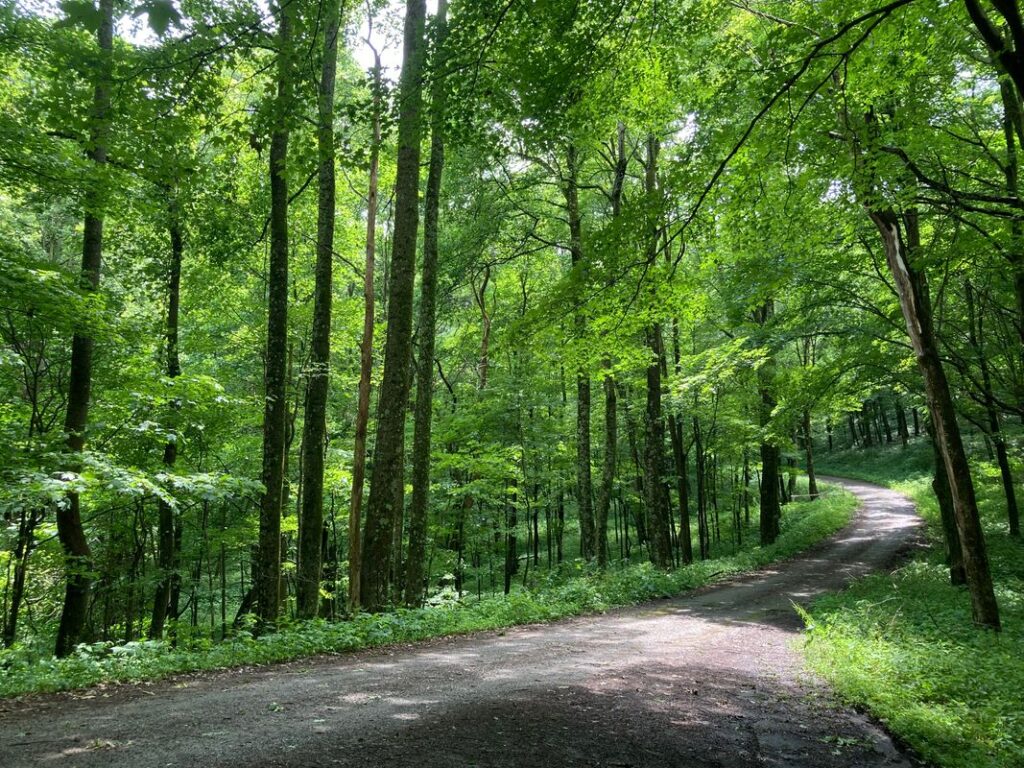An experiment 30 years in the making will involve eighth graders from Tucker County in its next phase.
Since 1989, West Virginia University scientists have been studying the environmental effects of acid rain in the Fernow Experimental Forest in Tucker County.
Edward Brzostek, associate professor of biology, said until 2020 scientists were artificially acidifying the forest’s watersheds.
“They were dumping nitrogen and sulfur onto this whole forest and watershed to mimic what was coming out of coal fired power plants and leading to acid rain across the region,” he said.
That phase of the experiment ended in 2020 when the COVID-19 pandemic caused a lapse in funding and restrictions prevented the continued artificial acidification. Now, Brzostek and his team will track different ecosystems within the forest as they recover.
He says the forest has already proven itself to be a strong training ground for graduate students and can do the same for middle schoolers living in the area.
“One of the things we did in this project is design a number of activities to bring the students out into the field, have them collect real data, have them analyze that data and actually learn about all this science that’s going on right in their backyard that they just aren’t aware of,” Brzostek said.
A recent five-year award from the National Science Foundation’s Long Term Research in Environmental Biology program will support continued study on the topic by WVU, the U.S. Forest Service and local students.




















